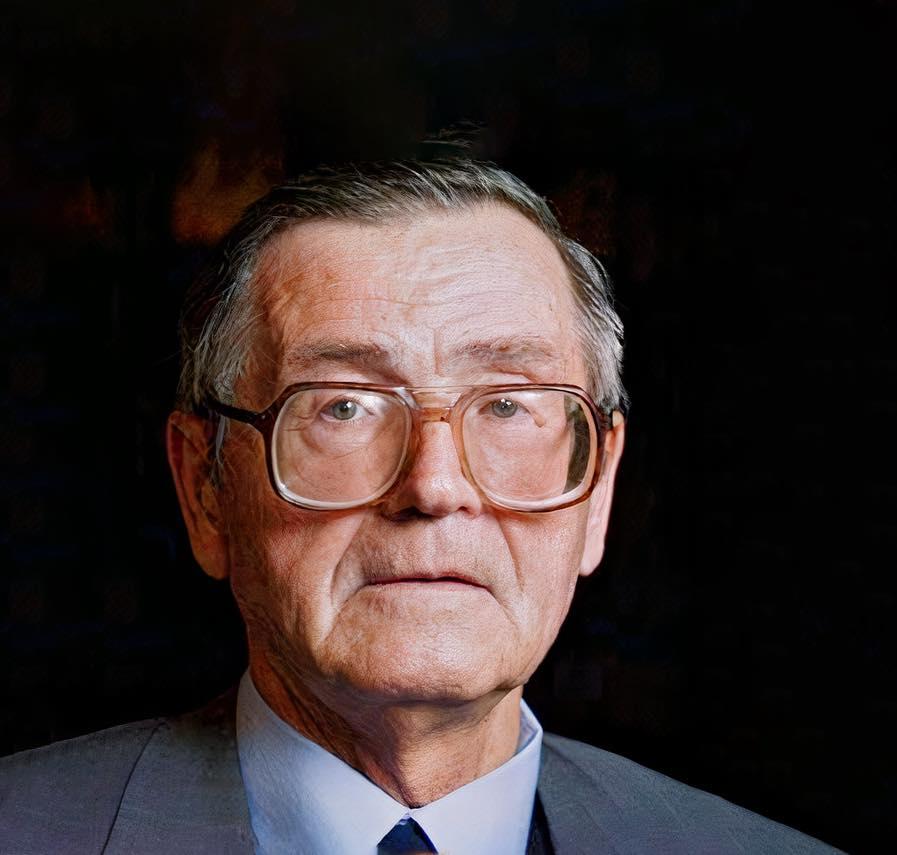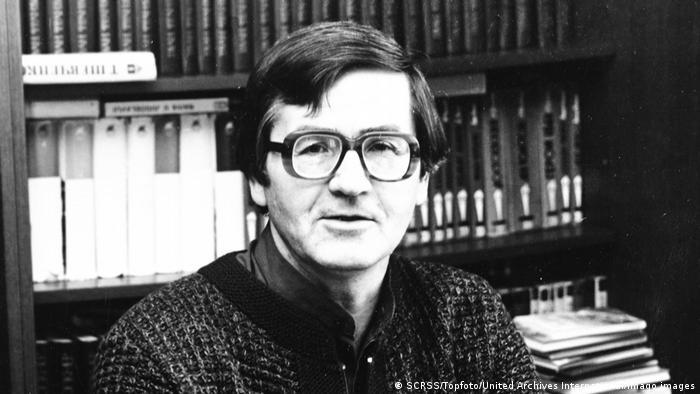Dziuba is renowned for his book Internationalism or Russification?, published in 1968. Because he questioned the underpinnings of the Soviet regime, he was imprisoned for 18 months.
Dziuba’s significance for Ukraine is immeasurable. Dissident, statesman, one of the main architects of Ukrainian Independence, co-founder of the People’s Movement of Ukraine, the second Minister of Culture of Ukraine, prolific writer and publicist, Dziuba initially gained notoriety with Internationalism or Russification? The controversial book quickly gained popularity and was translated into Russian, English, French, Italian, and Chinese.
In his work, Dziuba analyzed the national and cultural policy of the Soviet government in Ukraine from a Marxist standpoint. He argued that the Communist Party had taken the position of Russian great-power chauvinism under Stalin, while falsely presenting its political philosophy as internationalism. Dziuba himself explained in the afterword to the 1990 edition of the book:
The work Internationalism or Russification? came from the pen, not of some special "dissident" (I do not like the word!), but from the pen of a man who was (and in part, perhaps, remains) a product of the system … organically grew out of it … has come a long and difficult way to a critical reassessment of this system, and yet never felt like its enemy, just wanting to bring it in line with the "ideal.”
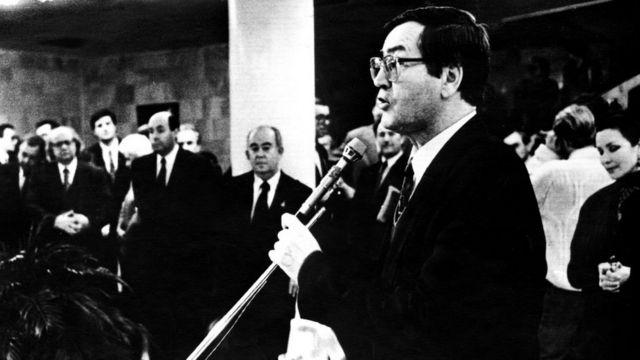
Dziuba argued that Stalinist and subsequent Soviet politics did not actually lead to “internationalization” but to “denationalization,” which in reality meant Russification.
Moreover, Dziuba showed that in fact denationalization and Russification contradict — not only the interests of nations that were part of the Soviet Union — but the interests of Russians themselves. He developed the idea for the sake of socialism, not against it.
In my early student years, I was one of the countless people who "didn't care" what language they spoke and what nation they belonged to, and who were proud of their "indifference" as a standard of internationalism and universal values. And then I began to think: if it really does not matter, why are all those in Ukraine who are supposedly indifferent, not really indifferent (and sometimes hostile, consciously or unconsciously) only to the Ukrainian language, Ukrainian culture, and Ukraine in general? And where does their "indifference" and "international" impartiality vanish when it comes to the prestige of their acquired “Russianness?” Who and why need whole nations to cease to be themselves and not create something new, but simply merge into another nation, depriving it of its own face? Is this the path to equality and universal solidarity?
Dziuba did not expect a special commission of the Communist Party to ban his book and accuse him of undermining Soviet friendship of peoples and fueling hatred between the Ukrainian and Russian peoples. His surprise ended up in repression for his views, serving a prison sentence for 18 months.
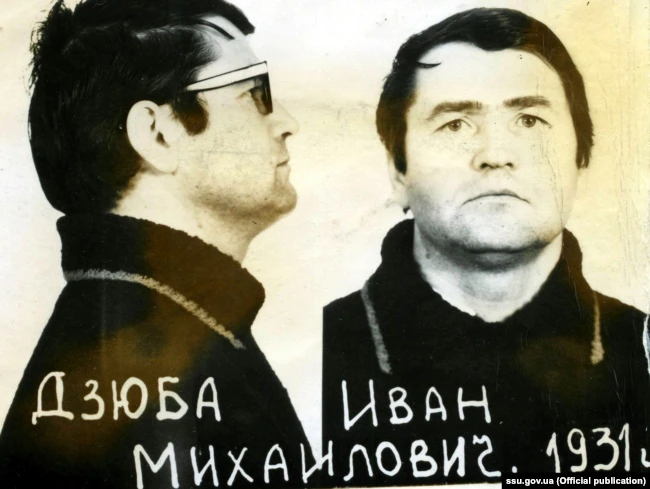
Another repressed Ukrainian dissident, Vasyl Stus (who, like Dziuba, grew up in Donbas), wrote in his essay, titled “I Accuse,” about this commission. Its members were internal KGB book reviewers writing adversary reviews of cencored works:
“Their guilt in carrying out mass repressions is the same as that of KGB members themselves. They are the same murderers as investigators and judges”
- Read also: From Stus to Sentsov: Ukraine’s Soviet-era political prisoners of the Kremlin
- Ex KGB agent who repressed Ukrainian intellectuals among country’s most influential persons. How come?
- Putin’s Ukrainian top-ally Medvedchuk charged with high treason, placed under house arrest. Here are the accusations
“Yet it is harder to forgive those who killed Vasyl Stus and others who maimed Ivan Svitlychny.”
Although many praised Dziuba for his book, he said modestly “The book’s ardent supporters ungodly overestimate it.” He then shared his true sentiments:
“I thought: I will write this book, express my pain, and return to literature, so as not to break away from it, to do my own thing. But it turned out differently. The work Internationalism or Russification? changed my whole destiny.”
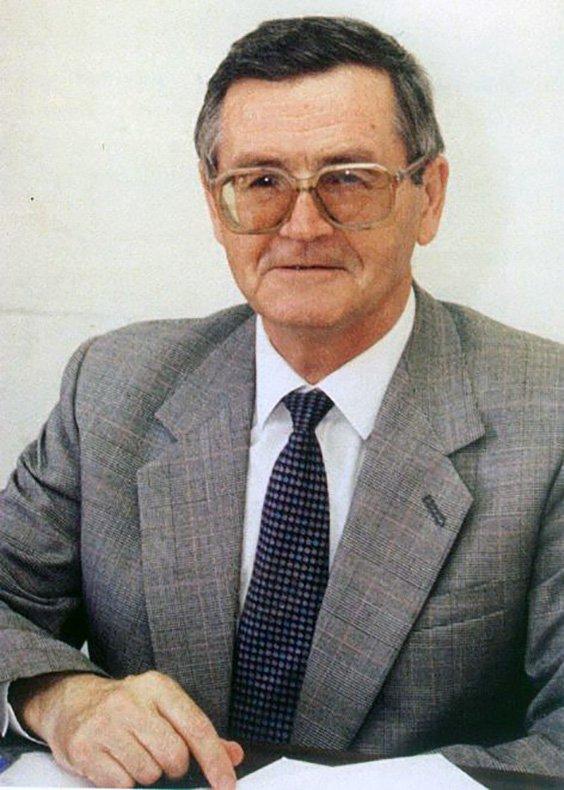
Later, Dziuba became active in the People’s Movement of Ukraine which eventually led to the Independence of Ukraine in 1991. He was heavily involved in Ukrainian politics and law-making for years. Following Independence, he became a prolific author, writing dozens of books on Ukrainian culture and politics. Despite health problems, up to the last days of his life, Dziuba followed the literary and socio-political life of Ukraine. In a work, published in 2017 when Dziuba was already in his eighties, he recorded his thoughts about renowned Ukrainian poet Serhiy Zhadan who, like Dziuba, was originally from eastern Ukraine.
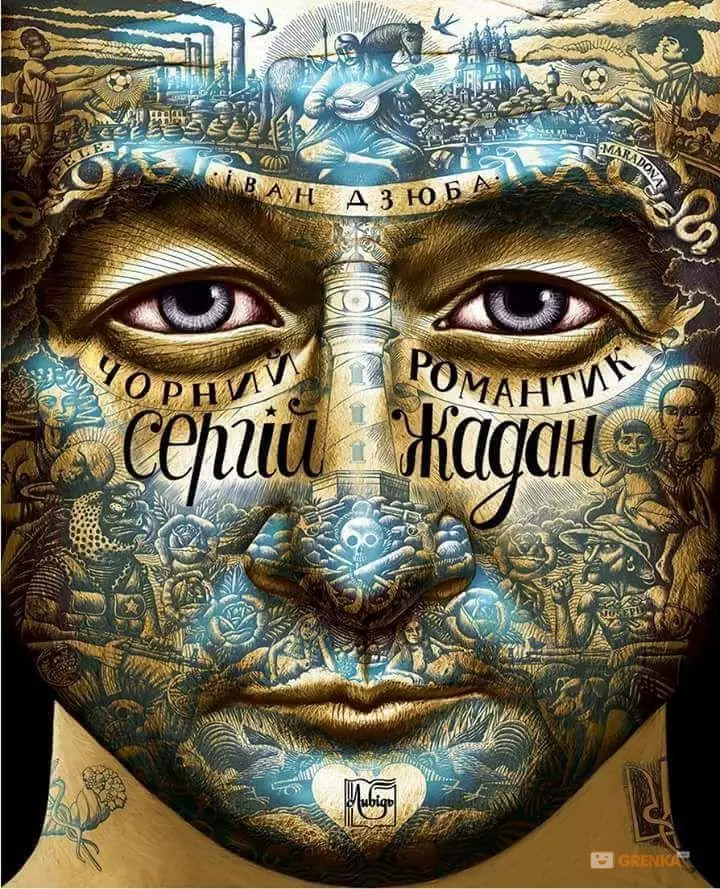
, by Ivan Dziuba.
Dziuba evolved from being indifferent about which language to speak, to unfaltering support of the primacy of the Ukrainian language in official institutions. In his afterword to the 1998 edition of Internationalism or Russification? he recollects:
Sometimes it seems to me (although this is probably a naive, arbitrary idea) that I would never have woken up to the spirit of Ukraine, if not for one meaningful episode in my childhood: I'm five years old, I'm with my grandmother on the farm, lying on a spot close to a river, and somewhere far beyond the pond girls are singing: “At the end of the dam willows rustle.” And there was something in that distant song that the soul still longs for …
Over the years, Dziuba’s insights only gained in relevance, becoming all the more pertinent. In the afterword to the Ukrainian edition of Internationalism or Russification?, in 1990, Dziuba wrote about Russian imperial ambitions, as if he was prophetically responding to Putin’s speech this February 21st:
Why do some people, including the intelligentsia, see salvation for the Russian people in the restoration of imperial structures … in the return of "former greatness" — forgetting that the misfortune of the Russian people was precisely the desire of its rulers for “greatness"; i.e., domination over the world around them? Why is any denial of chauvinism branded as "Russophobia,” and instead claims against other peoples are branded as supposedly ungrateful and almost greedy?
